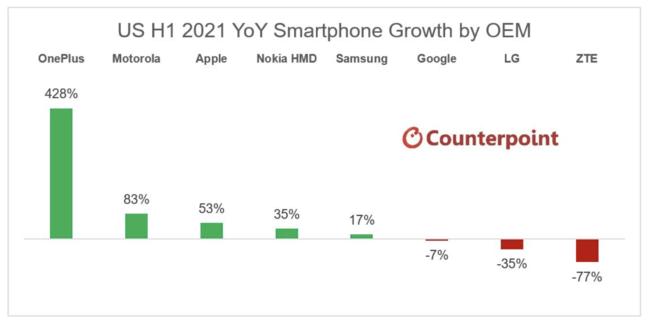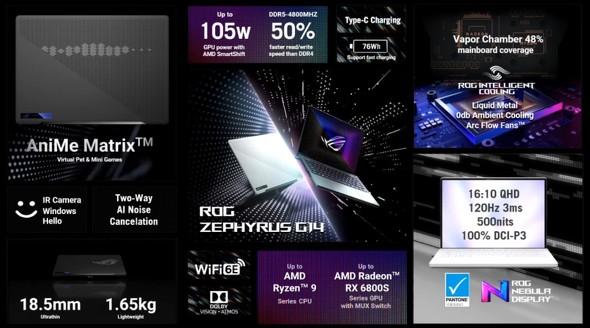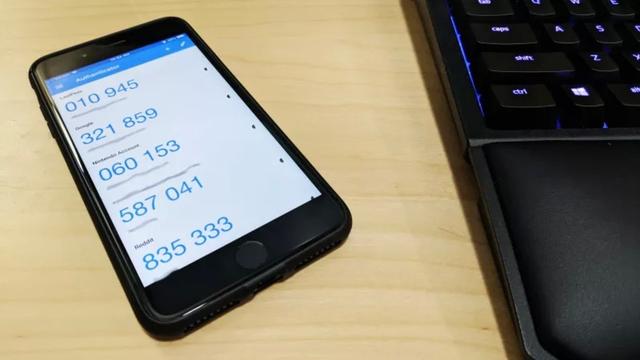The man who unlocked everyone's SIM is likely to be sentenced to 20 years in prison...
I could have been a hero in a different way.
Some might call a Pakistani man named Muhammad Fahd the "Robinhood of tech." Just like Robinhood, "steal wealth from the rich and give it to the poor", it freed up the terminal that was tied to one mobile phone company. But the U.S. government and telecom giant AT&T don't seem to think so. Fahd, who was arrested in Hong Kong in 2018 and extradited to the United States last week, faces a number of charges from the Justice Department.
AT&T had an accomplice
According to the district attorney for the Western District of Washington, Fahad's crimes were "paid to AT&T employees to co-operate with the company." Illegally unlocked the SIM lock of the device connected to the network of , and arranged to switch to another carrier."
The Department of Justice alleges that Fahd's ploy "siphoned millions of devices from AT&T's services and payment plans over a five-year period, costing the company millions of dollars." I'm here. In addition, there was one or more accomplices in AT & T who helped illegal SIM unlocking, and more than $ 400,000 was paid as compensation.
SIM lock is a feature that is mainly applied when you purchase a new phone from a major mobile phone company, and it is a function that restricts switching to another mobile phone company. Currently, unlocking the SIM lock is mandatory, but before that, the owner of the phone could not apply for unlocking and switch to another company's network until the contract period expired or the terminal fee was paid. was.
To bypass this restriction, Fahad first obtained the IMEI (identification number) of the potential customer and forwarded it to an AT&T employee. The employee then abuses their corporate credentials to unlock the device.

After some of his accomplices left AT&T, Fahd used another insider to hack routers and install malware on AT&T's network, even without an identification number. It is suspected that it was operated so that the SIM lock could be unlocked by remote control.
Fahad faces a mountain of charges
The Department of Justice alleges that three former AT&T employees helped Fahd plan. On the other hand, Fahd himself has been charged with 4 cases of wire fraud, 2 cases of unauthorized computer access for fraudulent purposes, 2 cases of international damage due to accessing a protected computer, and 4 cases of violation of travel laws. , a mountain of charges are lined up.
If convicted, Fahd could face up to 20 years in prison, but will ultimately be sentenced based on court guidelines and statutes.
Although Fahad appears to be on the side of the common people, he did not act purely for the good of others. U.S. District Attorney Brian T. Moran has revealed that Fahd made millions of dollars while "coaxing young workers into choosing greed over ethical behavior."
Actually, between 2012 and 2017, when Fahd was in the shadows, regulations weren't as clear as they are now about SIM unlocking mobile phones. Depending on the mobile phone company, even after the two-year contract period ended (which was common at the time), there were no laws or regulations requiring the company to unlock the SIM lock. In other words, some devices were tied to one carrier.
Things changed in August 2014. When President Obama (at that time) signed the Unlocking Consumer Choice and Wireless Competition Act and demanded SIM unlocking for terminal owners to change carriers, mobile phone companies had to comply (Japan also As you can see, in 2015, SIM unlocking became obligatory).
So while Fahd may have broken the law and made a ton of money in the process, the project itself had the potential to provide an important service for users. I can't help but say. Carrier companies at the time were not able to do that.
[Update] After this article was published by Gizmodo US, an AT&T spokesperson said, "Since this became clear, we have been working closely with law enforcement to bring criminals to justice." We are delighted with the development of the situation," the company said in an official statement. AT&T added that the incident "will not cause any inconvenience to customers, such as unauthorized access to customer information or information leakage."


![10th generation Core i5 equipped 9.5h drive mobile notebook is on sale at 50,000 yen level [Cool by Evo Book] 10th generation Core i5 equipped 9.5h drive mobile notebook is on sale at 50,000 yen level [Cool by Evo Book]](https://website-google-hk.oss-cn-hongkong.aliyuncs.com/drawing/article_results_9/2022/3/9/4a18d0792cae58836b71b9f591325261_0.jpeg)





![[Amazon time sale in progress! ] 64GB microSD card of 1,266 yen and wireless earphone with noise canceling function of 52% off, etc. [Amazon time sale in progress! ] 64GB microSD card of 1,266 yen and wireless earphone with noise canceling function of 52% off, etc.](https://website-google-hk.oss-cn-hongkong.aliyuncs.com/drawing/article_results_9/2022/3/9/c88341f90bab7fe3ce1dc78d8bd6b02d_0.jpeg)
